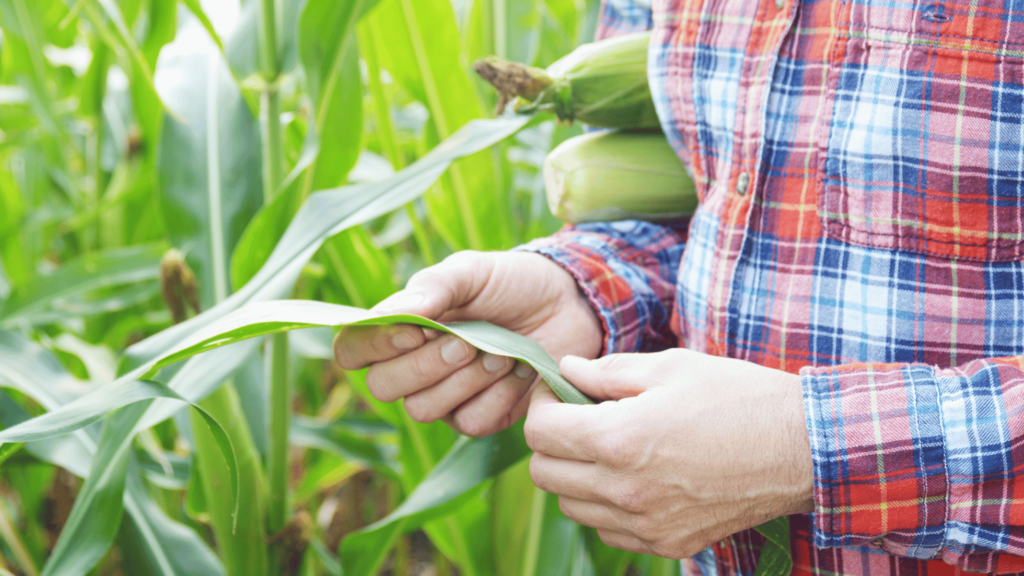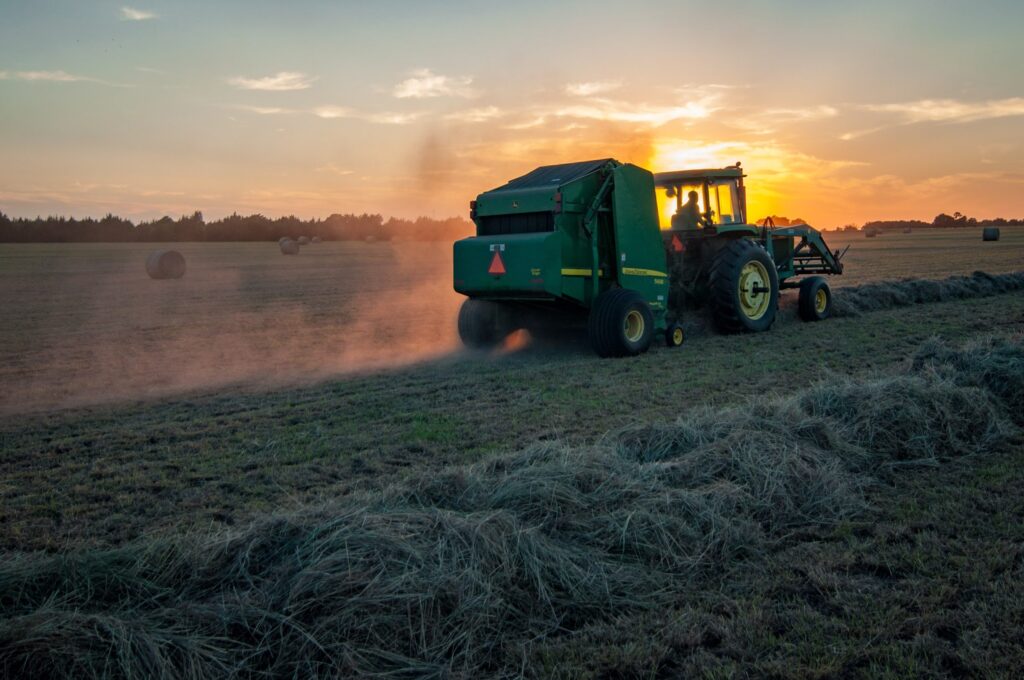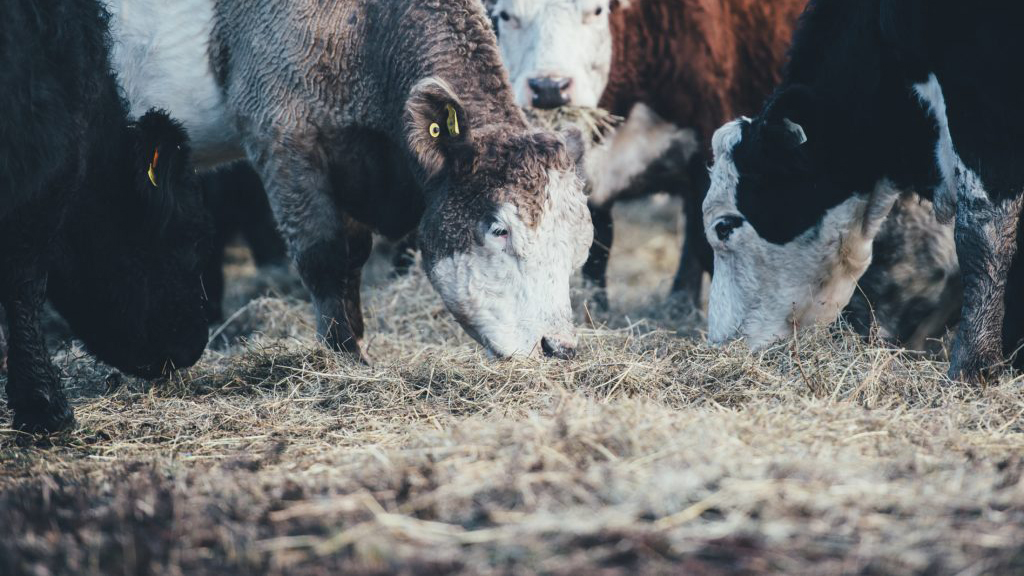Ag Access Insights Director Mike Mostransky attended the NAMA Fall Conference in St. Louis, MO on October 8-10, 2023. As a part of the conference, attendees were invited to attend an Ag Tour hosted by Farm Progress. The main takeaway that Mike had from the eye opening day was that the trend in next gen farming is diversification, something that is happening now more than ever. This inspired us to highlight the reasons farmers are diversifying, the ways that they are doing it, and provide two real world examples from the Ag Tour.
Why Diversify?
While “the farm doesn’t bring in enough money” may be the easiest reason to come to mind, there are numerous others including spreading labor and equipment costs more evenly across the year to avoid spikes as well as general risk mitigation from having all their eggs in one basket. Farms with only one crop open themselves up to risk of complete devastation due to things like drought or disease more than those with multiple sources of income. If a farm only has one crop, then the whole operation is at risk when something goes wrong, but when there is another source of income, farms tend to fare better.
Methods of Diversification
There are various methods of diversification that a farmer can take, each requiring different levels of knowledge, investment, and risk taking, so each farmer can choose what suits them best. Some of those methods of diversification are:
Crop Rotation
By planting different crops at different times, the soil is not depleted in the same way over and over, but instead can be replenished. For example, adding legumes to the rotation increases nitrogen levels and decreases the need for certain fertilizers.
Another way that farmers do this is by planting different crops on different parts of their land – while multiple crops are growing at the same time, they have different growing and harvest patterns allowing for labor to be spread more evenly.
Utilize Resources Fully
Farms often don’t fully exhaust their resources. Grain farmers may have space remaining in their elevators that they can lease to other farmers. Other farmers may also provide outsourced labor or management to those that don’t have the same level of expertise. If specialty machinery is needed, owners may lease it out or even do custom baling or harvesting to help cover equipment costs. Others have extra seeds and sometimes expand as seed dealers.
Adding Value to Existing Production
Farms can increase returns on what they already have. Apple orchards are a great example of this – many have opened their doors to the public for U-Pick options along with fairs and markets that sell apple cider, apple pies, apple donuts, and many other apple products.
Adding Livestock
Adding livestock to a crop farm is another option – this can help utilize land that is too steep or otherwise unsuitable for growing in a way that is profitable. This can be a tricky option as farmers with growing skills and machinery may not have the tools required to successfully raise livestock and require a larger investment and risk.
Adding a New Business Venture
Taking advantage of unused land or carving out a piece for another business venture can be worth it as well. Many farms have a large amount of picturesque land – perfect for wedding/event venues. Adding a farm to table restaurant on the property is another way that farmers can add a new line to their business.
Real World Examples: Ag Tour hosted by Farm Progress
While this all makes sense in the abstract, real world examples are a great way to illustrate the point. We start with Riegel Dairy, a dairy farm which expanded into growing, producing, and distributing CBD products with their new company South Point Hemp. Crooked Creek Beef is a beef farm that diversified into mushrooms as well as became a highly sought after wedding venue.
Riegel Dairy & South Point Hemp
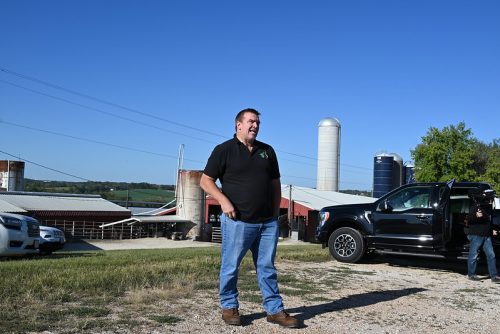
Day one was an Ag Tour hosted by Farm Progress. The first stop was the Riegel Dairy & South Point Hemp, where attendees had a wonderful time learning from a very passionate Brian Riegel. Mike expressed that “seeing what goes into a dairy operation for 700 cows was an experience.” The amount of technology implemented to monitor the cows, their health and the milking was eye-opening. It was also amazing how instinctual the cows were as they walked into the barn to be milked, reversing themselves into their “parking spot” without any guidance. They just knew what to do. Brian mentioned how things had changed, saying “We used to chase cows in,” he says, “now we let them come in on their own.”
After the dairy portion of the tour, Brian took the guests to see the bales of hemp that he grows, followed by a ride further up the property to see all the hemp he is growing. While the fields alone were quite impressive, he went on to show off his “South Point Hemp” processing facility with a storefront. This visit included a demonstration of what goes into their production process for cannabinoid wellness products, as well as how they set up a consumer direct business.
Crooked Creek Beef
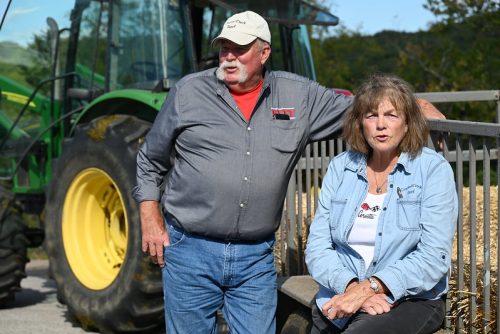
The second stop was another incredible example of adapting and being a diversified farmer in the current world. Bill and Linda McLaren of Crooked Creek Beef welcomed attendees with lunch and showed them around the beautiful property. As the visitors explored, they learned how Bill and Linda turned what was a family farm from the 1800’s into a modern wedding and events facility that is fully booked through 2024 and beyond.
While meeting some of the cows, attendees were regaled with Bill’s family story and how his plans to transform the place into a winery led him to some innovations in farming. While researching for the winery, Bill took some chemistry classes which he ended up using to develop Earth Angel Mushrooms and even further, speed up their production. Don’t worry, he did make sure to create a personal little “wine hut,” though!
Are you interested in joining NAMA for networking and learning experiences like the Farm Tour that Mike attended? Find your local chapter and connect to find out more.
Agriculture is very specialized, even within itself. In the same way this makes it harder for farmers to know how to best diversify their business, it can be hard to know how to conduct research in ag. To understand the first step, finding the right audience, download our case study Access to the Right People Can Shift Your Decisions for Good.
Subscribe to Our Blog
"*" indicates required fields


